In Malawi’s conservative banking sector, Thom Mpinganjira has done what few thought possible. He built a financial institution from scratch, took it public, scaled it into the country’s largest bank, and in the process, became Malawi’s first billionaire.
Mpinganjira’s path was not paved by inheritance or political favour. He came up through the system as a stockbroker, working on the very platform he helped to establish. In the mid-1990s, as one of the founding architects of the Malawi Stock Exchange, he helped lay down the rules of engagement for local capital markets. That experience gave him a front-row seat to how wealth was created and managed, lessons he would later put to use in his own venture.
His biggest gamble came in 2002, when he transformed a discount house into a bank. At the time, Malawi’s financial sector was dominated by multinational players with deep pockets and little appetite for risk. FDH Bank, as it became known, was different. Mpinganjira’s strategy was simple but radical: target the underbanked, grow deposits aggressively, and use technology to scale customer access.
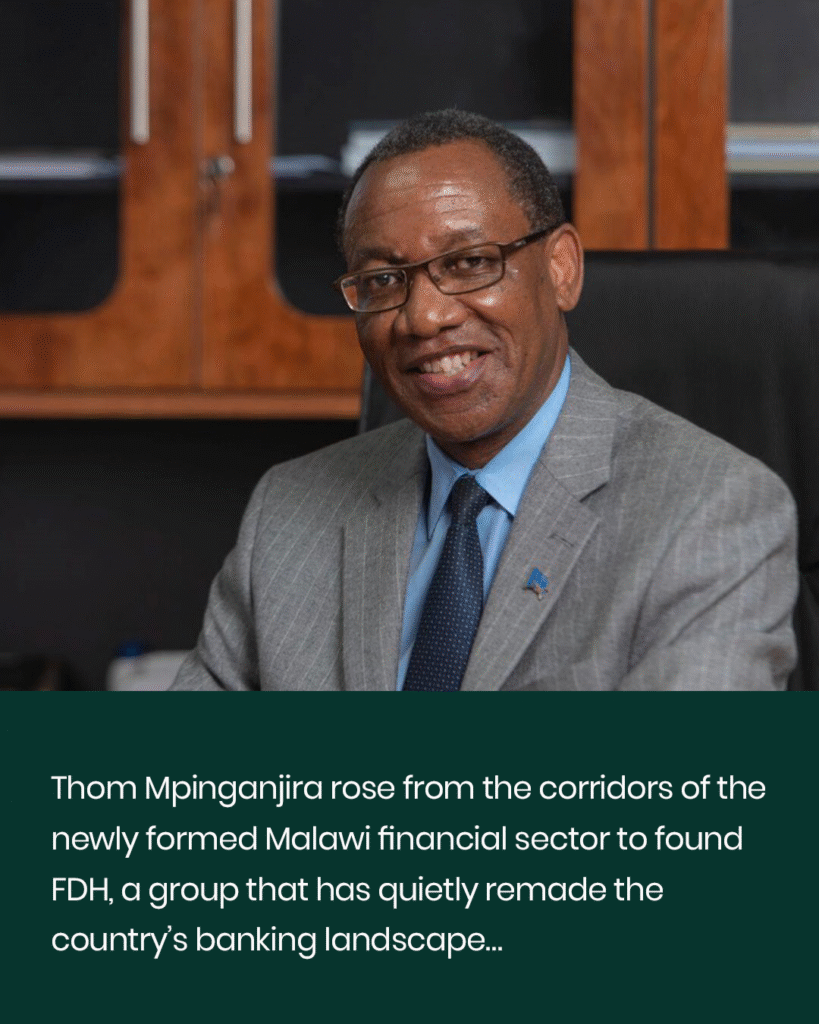
The formula worked. Over two decades, FDH grew into a formidable competitor. By 2024, the bank’s profit after tax surged, supported by double-digit growth in deposits and loans. When those results hit the market, investors piled in. The bank’s share price soared, pushing its market capitalisation into the trillions of kwacha. Through his holding company, M Development Limited, Mpinganjira controlled the majority stake and suddenly, his personal fortune was worth more than $1 billion.
Crossing that threshold put Mpinganjira in a category of his own. Malawi, a country where GDP per capita hovers around $650, had never produced a billionaire. Overnight, Mpinganjira became a symbol of possibility, proof that wealth of global scale could be created from within the country’s borders.
The mechanics of his wealth are straightforward. FDH Financial Holdings, which he chairs, owns 80 percent of FDH Bank, the jewel in the crown. Mpinganjira’s family holding company controls most of FDH Holdings. That tightly structured ownership meant that when FDH’s share price jumped, the bulk of the upside accrued to him. In effect, FDH is his fortune.
But Mpinganjira’s rise is not without complication. In 2021, he was convicted of attempting to bribe judges in a politically charged election case, a scandal that stained his public reputation. He appealed, but the episode remains part of his legacy, a reminder of the fine line between influence and overreach in African business.
Even so, his position in Malawi’s economic landscape is unshaken. Mpinganjira has used his wealth to fund major philanthropic projects, including a cancer treatment centre in Blantyre. He has also positioned FDH as a regional player, with acquisitions and expansion plans aimed at neighbouring markets. For a man once seen as a local disruptor, the ambition now is to make FDH a Southern African powerhouse.
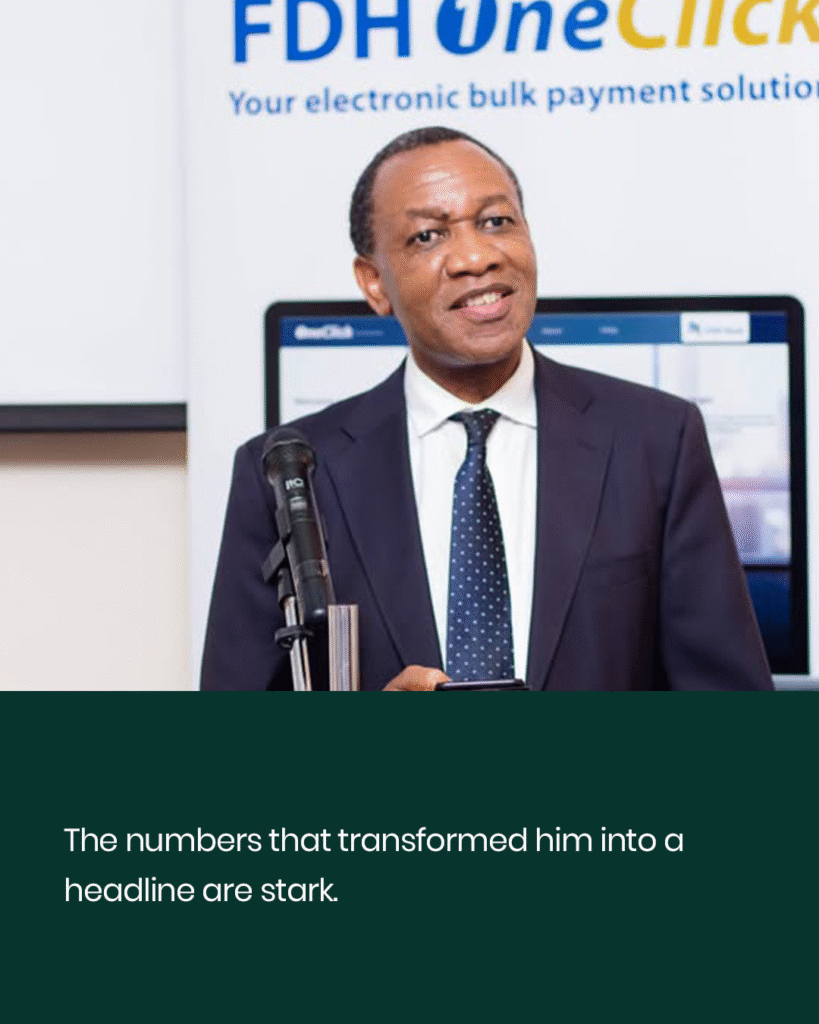
Mpinganjira retired as Group CEO in 2020, passing operational control to a younger leadership team. That decision reassured investors who had long worried about succession risk. It also allowed FDH to operate with institutional stability, while Mpinganjira remained the controlling shareholder and ultimate power behind the group.
The significance of his story extends beyond banking. It signals that even in smaller African economies, domestic entrepreneurs can scale businesses to world-class valuations. It also raises questions about the balance between concentrated wealth and broader development in a country still struggling with widespread poverty.
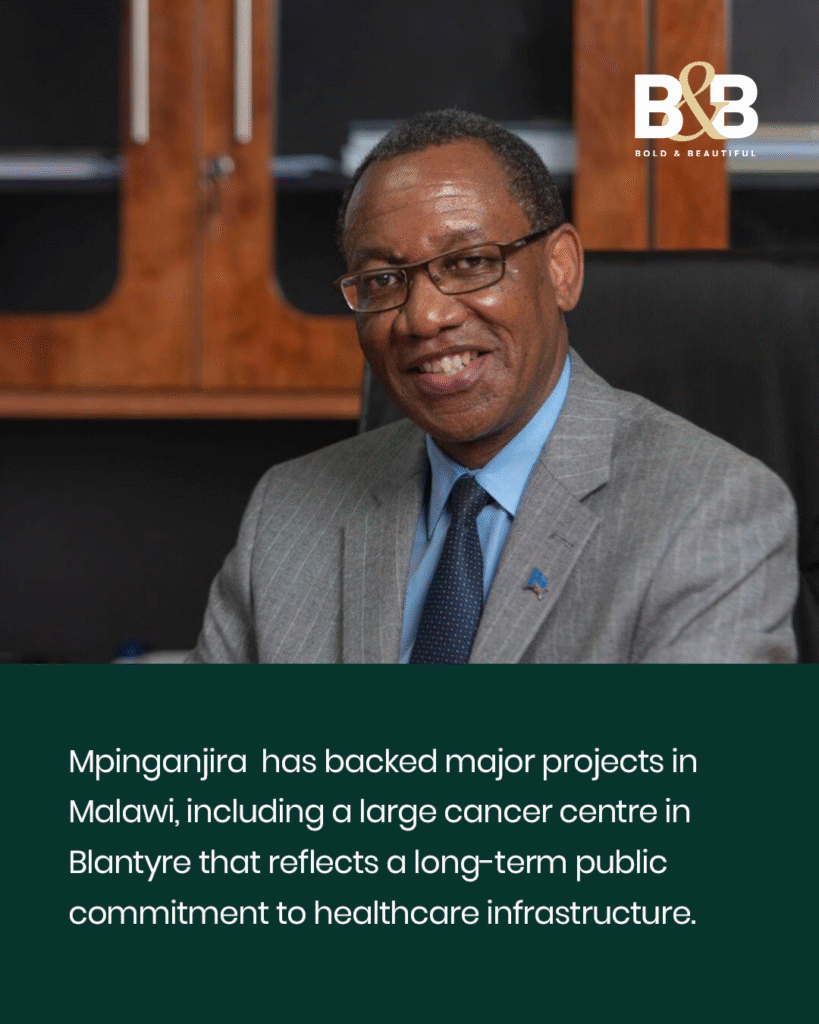
For Malawi, Thom Mpinganjira represents both achievement and challenge. He is a self-made billionaire in a nation that had never known one. He is a banker who built an empire from a market many thought too small. And he is a figure whose legacy will be measured not only by how much wealth he created, but by how that wealth shapes the country around him.

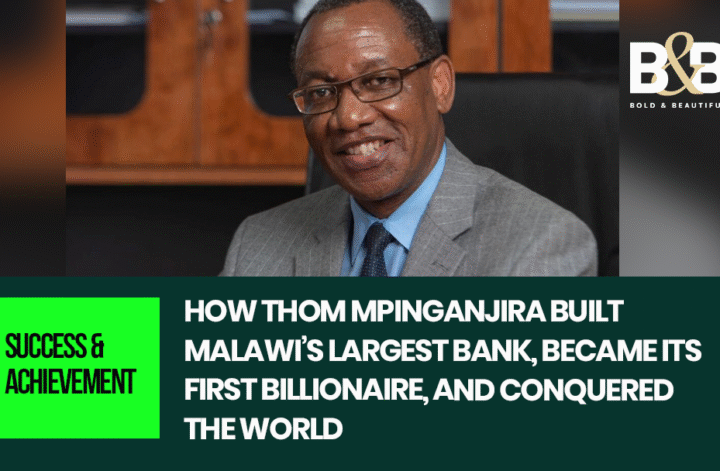

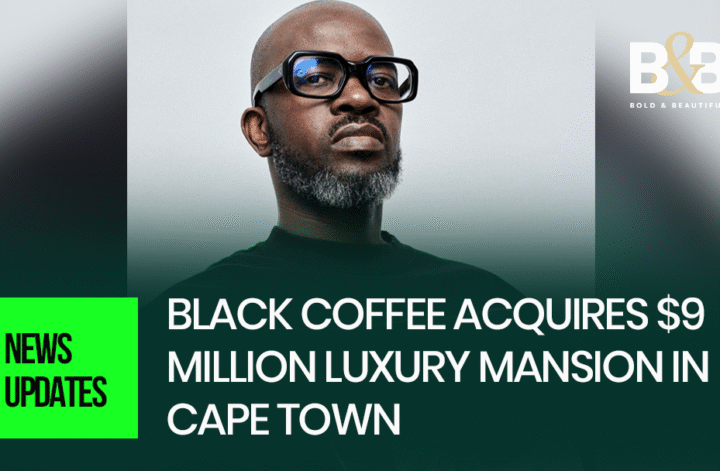


1 comment
I absolutely love your blog and find the majority of your post’s to be just what I’m looking for. can you offer guest writers to write content for yourself? I wouldn’t mind composing a post or elaborating on many of the subjects you write about here. Again, awesome website!